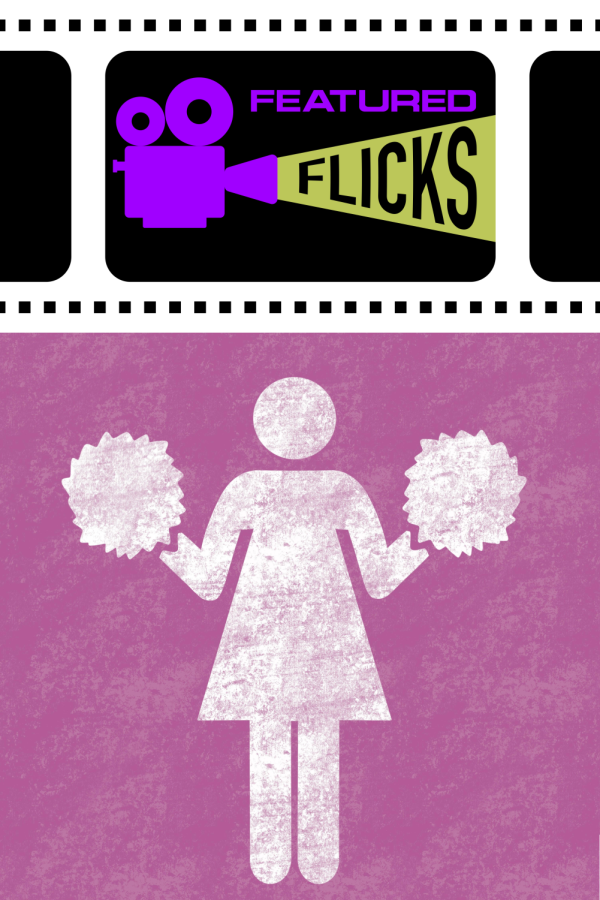Cult following behind ‘But I’m a Cheerleader’ reinstates popularity
Mar 10, 2022
Painted in pastels of blue and pink, Jamie Babbit’s film, “But I’m a Cheerleader” is both hilarious and revealing as it loudly and proudly calls out both gendered and heteronormative societal structures.
The film follows Megan Bloomfield, played by Natasha Lyonne, as her family and friends grow concerned about her ‘non-hetero’ tendencies and send her to True Directions, a conversion camp.
The camp follows a five-step process: 1. Admitting to being a homosexual, 2. Gender role performance to reinstate their ‘correct’ gender identity, 3. Family therapy, 4. Exploring the opposite sex, 5. Heterosexual intercourse.
During her stay, Megan meets Graham and a strong connection between them becomes apparent. The two girls and the rest of the residents at True Directions have their identities put to the test by the founder, Mary Brown, and her employees.
The premise of the film sounds grim as conversion camps are a harmful and unethical practice directed at the LGBTQ+ community, but Babbitt’s film is actually a satirical commentary as it explicitly makes fun of the concept throughout the run time.
Get The Daily Illini in your inbox!
For instance, the infamous RuPaul plays Mike, a ‘converted’ worker at the camp. His shirt in the film reads, “Straight is Great,” but because RuPaul is known for being a drag queen and his character’s portrayal in the film as a stereotypical queer man, the shirt becomes a hilarious punchline.
The film utilizes many stereotypes from both the queer community and the heteronormative binary. It makes for an interesting dynamic where the clichés are called out on both ends for creating roles and expectations for queer and non-queer people alike.
“I also was part of the (LGBTQ+) community and felt like there was room to laugh at things,” Babbitt said in an interview with Variety. “I wanted to skewer not only my community but also just the absurdity of gay conversion.”
Aside from its commentary about sexuality, one of the film’s targets is the gender binary. The messages the film makes about how strictly gendered our society is still land pretty close to home despite being over 20 years old.
Even with the decades of progress made by the LGBTQ+ community, it is shocking how relevant and accurate this film is to the current social climate.
Since its release in 1999, the film has become a cult classic for the LGBTQ+ community. The film is a trailblazer in some ways, as there hadn’t been many queer comedies during the time in which the film came out. More specifically, there weren’t many lesbian comedies.
The word camp is heavily tied to this film by fans and viewers. Though camp has a pretty ambiguous meaning, its definition of something being ostentatious and its tie to the queer community makes for the perfect description of “But I’m a Cheerleader.”
The film is witty and colorful, making for an entertaining while simultaneously informative watch. It’s the kind of film that makes you laugh so hard while it plays, but also really makes you think when it ends.






